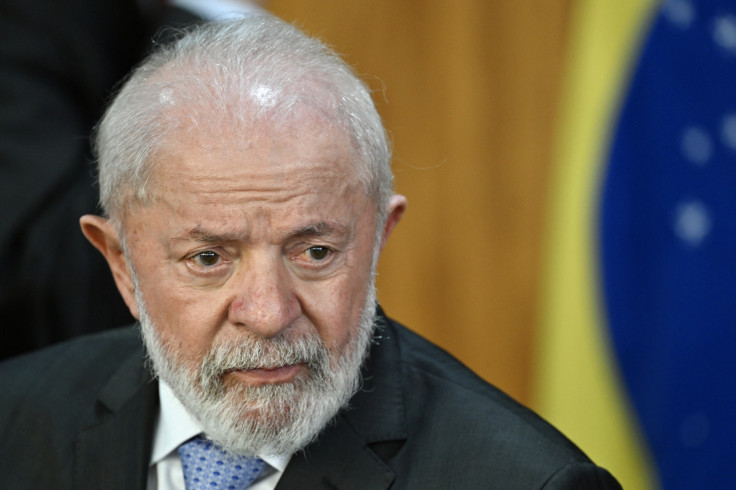
The Brazilian government announced on Tuesday that it will establish a reception center for deported migrants following an incident in which 88 Brazilians were removed from a U.S. deportation flight after reporting inhumane conditions.
The decision comes as President Luiz Inácio Lula da Silva's administration seeks assurances from Washington over what it described as "degrading treatment" of its citizens.
Macaé Evaristo, Brazil's Minister of Human Rights and Citizenship, stated that the humanitarian reception post would be set up in Confins, a municipality in Minas Gerais state, adding that the objective was to "ensure that these passengers have good conditions for water, food and even temperature, which I think was the most damaging aspect" in the first flight, as reported by The Associated Press.
Passengers reported extreme heat in the cabin after the air conditioning failed multiple times, according to a sprawling report by The New York Times which also revealed that most of the deportees were handcuffed and shackled, even during the stop, prompting tensions that escalated when some passengers opened the emergency exits to seek help.
The Brazilian government has summoned the top American diplomat in the country to discuss the incident and will continue pressing for improved conditions on future deportation flights. "We don't want to provoke the American government, but it's essential that deported Brazilians are treated with dignity," emphasized Justice Minister Ricardo Lewandowski.
The conditions of deportations flights during the last week led to broader regional backlash. Colombian President Gustavo Petro for example, initially refused to accept two U.S. deportation flights, triggering diplomatic tensions between Washington and Bogotá. The dispute led to threats of economic retaliation before Petro ultimately agreed to receive the deportees on Colombian military planes.
Despite the resolution of the conflict, tensions between Colombia and the United States, however, are poised to remain high as some analyst believe the standoff sets a bad precedent. "This impasse could lead the Trump administration to view Colombia as an unreliable ally," said political analyst Manuel Camilo González Vides to The Latin Times on Tuesday, with up to $800 million of U.S. foreign aid to Colombia in 2025 at stake.
The impasse also rang the alarms across the region as The Community of Latin American and Caribbean States (CELAC) called for an "emergency" meeting of member states, later calling it off on Wednesday after the conflict had simmered down.
© 2025 Latin Times. All rights reserved. Do not reproduce without permission.






